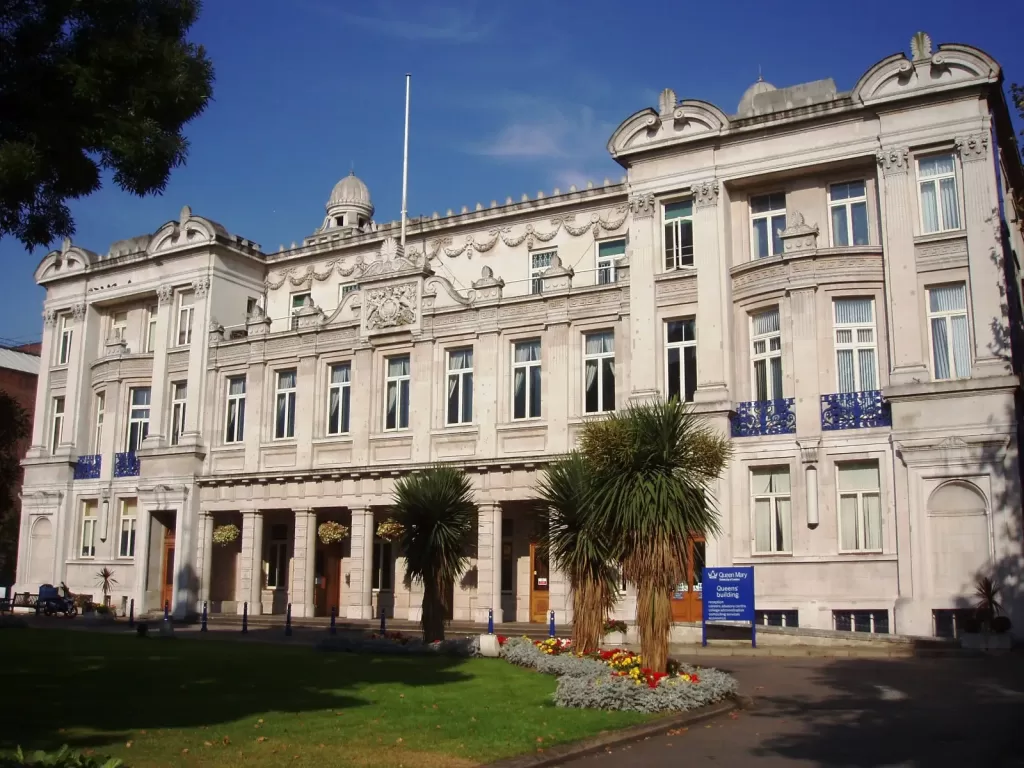
Queen Mary University of London, based in the east-end of London and dating back to 1775, has evolved into an international hub of education and research excellence, embracing a wide range of subjects in the humanities, social sciences, law, medicine and dentistry, and science and engineering. Queen Mary University of London encompasses Barts and The London School of Medicine and Dentistry, which in turn is very closely linked to Barts Health NHS Trust. Within these institutions, world-class clinicians and academics tackle clinical problems ranging from drug discovery to genomic studies, and combine innovative research with practical solutions on how to solve local and public population’s health-related problems and concerns.
One such clinical research group within Queen Mary University of London, The Neurogastroenterology Group (which also incorporates its dedicated clinical diagnostic department, The GI Physiology Unit (GIPU)), focuses on the diagnosis and treatment of patients with functional gastrointestinal disorders, which are extremely prevalent in the general population (~25%), and cause much individual suffering.
We help companies turnaround their non-profitable ventures into something that benefits them. Our specialty lies in understanding what makes a company special and what makes it tick.
For 15 years, The GI Physiology Unit had been using long, paper-based questionnaires to capture clinical information from patients on their health-related problems.
However, together with an improved experiential understanding of which data are required to better comprehend certain clinical conditions, along with a desire to make this a paperless exercise, the GIPU team realised that they needed to develop and advance their questionnaire in order to capture even more pertinent information about their patients. Such data would be useful for each individual patient, but also to populate an established database for further analysis. This is very much in keeping with the NHS long-term plan (2019), which is to provide better use of data and digital technology to allow doctors and medical staff to make more accurate and informed decisions, based on historical patients and population data. Regrettably, GIPU’s previous supplier could not accommodate their needs and implement the new vision to make the process digital.
After an initial consultation and understanding of The GIPU’s needs, the Dajon team have come up with a solution on how to easily capture data from the new questionnaires and convert these into meaningful information, which can be used to further analyse population’s health concerns and problems. In order to solve The GIPU’s and their patients’ needs, a 3 phase approach was deployed:
- Physical document data capture
- Physical and online data capture
- Web-based data capture alone
As getting accurate and precise data on their patients’ problems is the fundamental priority for GIPU, data capture from physical documents was a vital step in their long term solution, whilst continuing to use existing processes. Dajon’s solution is not only able to attribute numerical values to the answers of multiple choice questions, but also allows for capture of text in open-ended questions and associate a numerical value to the words. This allows Queen Mary University of London to gather bigger data sets for further analysis in the most efficient and accurate way.
For the second, and ultimately third phases of the project, Dajon created a dedicated client access point for which a link could be sent to the patient through email and/or a letter before the appointment. Using the access point, the patient is able to fill an online version of the questionnaire (identical in content to the paper version) about their problems and be identified according to their unique identification number, allowing the researchers to trace back to the individual if needed. This allows GIPU to gather data about patient’s concerns before the appointment is attended. This digital-first approach will enable GIPU to save valuable time and resources.
It took 15 days from agreement signed between Dajon and Queen Mary University of London to come up with the bespoke solution and 6 weeks for this solution to go digital.
“I have seen this as a collaborative exercise from the off; Dajon have been tremendously professional, and both responsive and proactive. They have expertly delivered on the project and have been a pleasure to work with”
Dr Mark Scott – Senior Clinical Scientist, Blizard Institute, Queen Mary University of London; Director, GI Physiology Unit